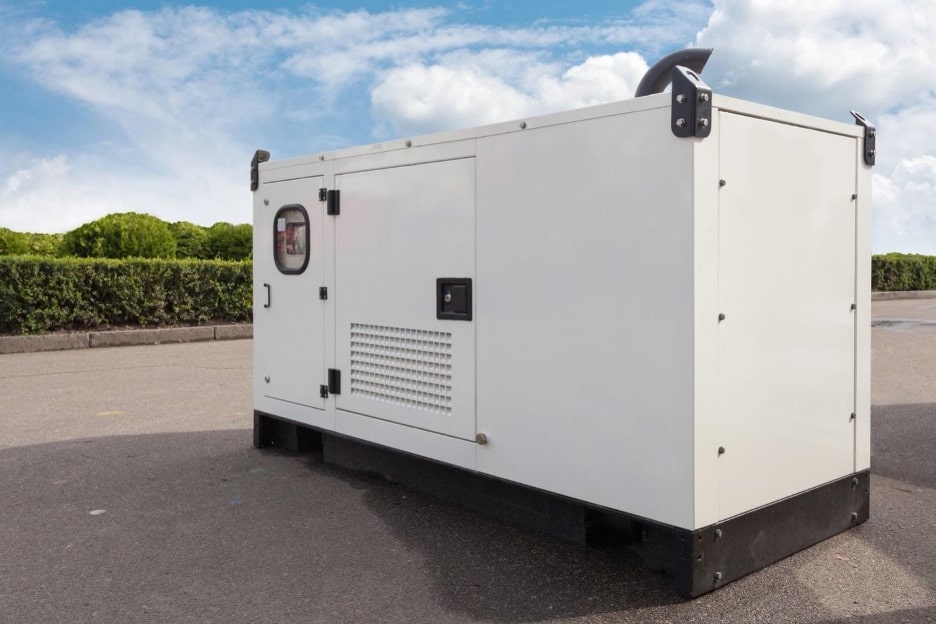Most people disregard the importance of an emergency generator until the cease of operations due to power outages. However, some people or industries cannot afford this and require an alternate power supply.
Read on to learn more!
Industries that Require an Emergency Generator
You could do without emergency power at home or your store, but workers in facilities like hospitals and factories rely on emergency generators to provide them power 24/7. These companies could potentially lose millions of dollars if operations cease for even a few hours of power loss.
Here are the 5 major industries that require backup generators to insure a consistent power supply:
- Health Care Industry
Hospitals and emergency rooms require sources of emergency power supply in times of outages or electrical grid failures. According to the National Electrical Code, hospitals should have sufficient emergency power to cover all their electrical needs. The power generated from these emergency generators ensure critical care and health care workers can perform their duties even when utility power fails.
Many hospitals have UPS (uninterruptible power supply) systems in addition to generators to insure there is no downtime when switching over to generator power. This ensures that all sensitive and life-supporting equipment like oxygen compressors, dialysis machines, and ventilators function continually even with a loss of utility power.
- Food Industry
According to health laws, all food items must be fresh, and you need to store them in temperature-controlled storage areas. Food production industries use an emergency generator for storage, processing, production, and distribution.
Likewise, the restaurant industry uses backup generators to provide power for refrigeration, lighting, kitchen equipment, air conditioning, heating, and POS systems.
- Agricultural Industry
There are over two million farms in the US, which adds up to 100 million acres of farmland and 25 million workers. The American Agricultural Industry produces, processes, and sells all the nation’s food and contributes $1.05 trillion to the GDP.
So, you can imagine the impact of any type of extended outage or natural disaster that deters the electricity and hinders the industry’s ability to function. These functions include greenhouse operations, irrigation systems, climate control, milking, and cultivation, etc.
- Air Transportation Industry
According to the Federal Aviation Administration, over 1.2 billion people will fly every year by 2032. Like hospitals, airports operate 24/7 and cannot afford to have operations derailed by power outages. They need the power to monitor operations and activities, power communications, light runways, security stations, vendors, radars, etc.
Put simply, airports cannot operate without electricity, so they need a consistent source of backup power to function efficiently.
- Data Centers (IT Industry)
Data centers house the IT industry’s infrastructure, providing system reliability and service to multinational industries, so downtime isn’t an option. Everything from bank transactions, internet searches, communications, government entities, online shopping, etc. flow through data centers. So, they need an emergency power supply to sustain their business operations, including storing, processing, and sharing data and applications.
Since data centers cannot risk operational losses, they require an emergency generator system as well as UPS systems to ensure uninterrupted round-the-clock operations.
Conclusion
Many other industries require an emergency generator, including entertainment, hospitality, tourism, retail, telecommunications, and finance. If you own a business that requires an uninterruptible power supply, we recommend investing in a backup generator right away to maximize your business uptime.
